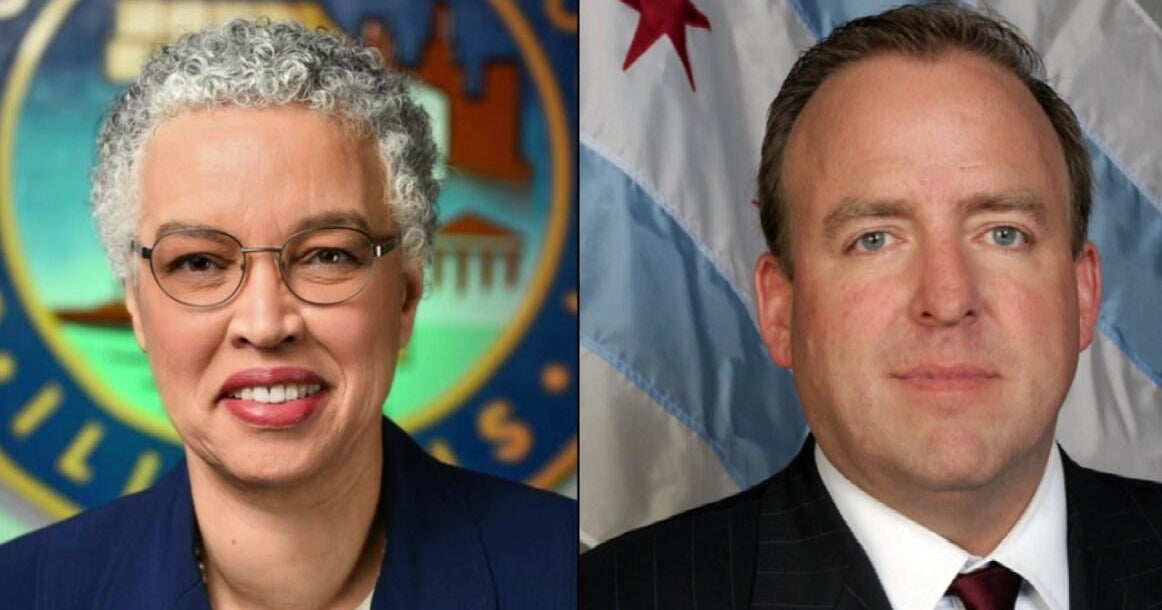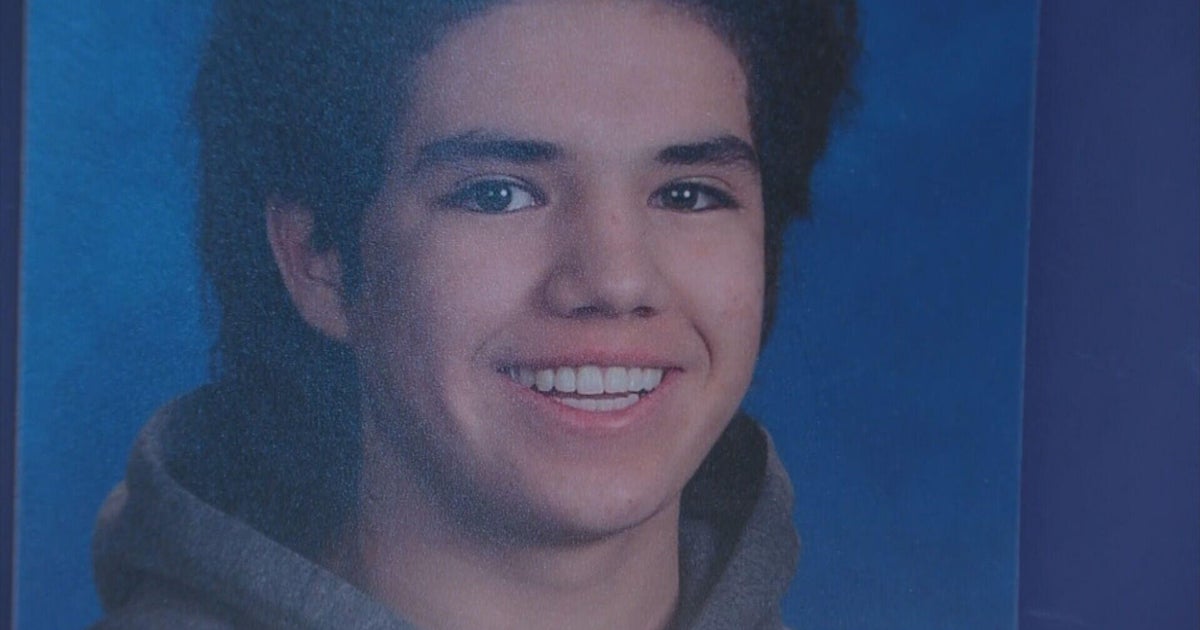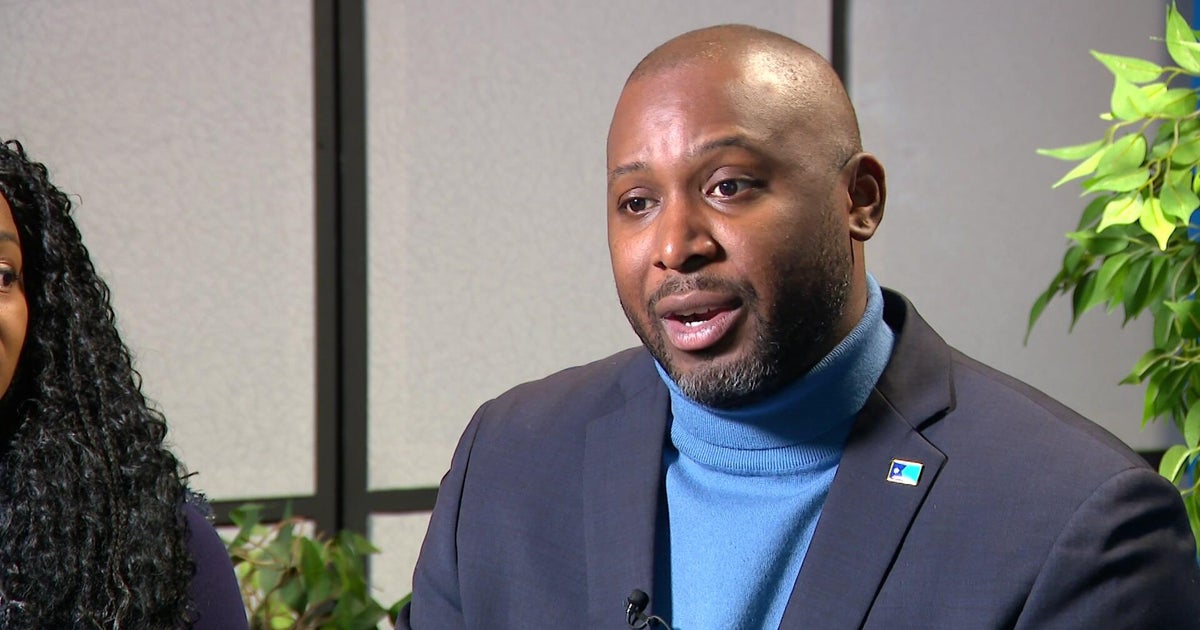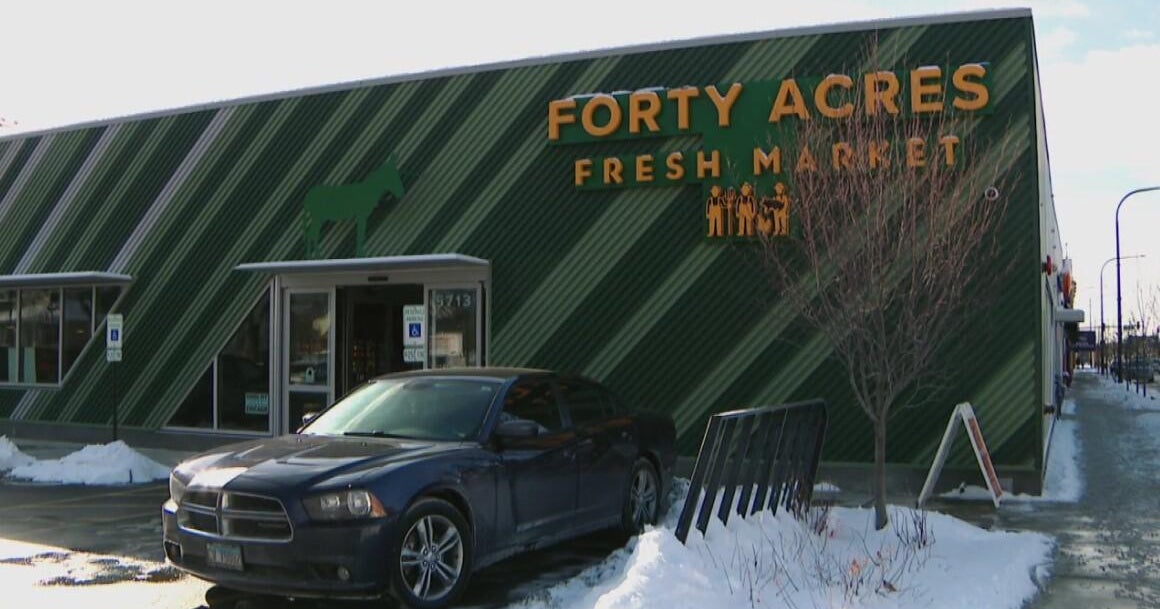Perry Standing Pat On Medicaid Expansion
AUSTIN (AP) -- If Gov. Rick Perry is feeling pressure to expand health care coverage to more than 1.5 million people under Medicaid, he sure isn't showing it.
As the Republican governors of Florida, Ohio, New Jersey and Michigan dial back their opposition to the Affordable Care Act, more eyes are turning to the governor's antebellum mansion in Austin to see what he will do.
The Texas Medical Association, the Texas Hospital Association and several major county commissioners courts say that investing $15 billion of state money to get $100 billion back from the federal government is a good idea. But Perry is sticking to his guns, insisting that President Barack Obama should let Texas develop its own health care system for the poor and disabled.
"Texas will not drive millions more into an unsustainable system," Perry said. He has reiterated his view that Medicaid is broken and complains that it consumes too much of the state's budget.
Yet people across the state continue to try to change his mind. The American Cancer Society and the Texas Hospital Association both have produced polls showing that a majority of Texans support Medicaid expansion. Commissioners in Dallas, Bexar, Hidalgo, El Paso, and Travis counties have passed resolutions urging Perry to change course.
The Texas Medical Association agrees that the system is broken, but it has recommended expanding Medicaid while improving it, said President-elect Stephen Brotherton.
"It is morally unconscionable for national-state public policy gridlock to deny proper medical care for over 1 million of our state's low-income families and Texans with disabilities," he said. "The current system offers the promise of coverage without adequate funding to ensure access to care. It is fraught with exasperating, unyielding red tape."
The association conducted a poll that found only three out of 10 doctors are accepting new Medicaid patients because the program does not reimburse them for the full cost of services. Therefore the association says the system is failing because it does not pay doctors a reasonable fee, not because it is too expensive.
The Texas Hospital Association also supports Medicaid expansion because they say it will move uninsured patients into doctor's offices and out of emergency departments, where care is 300 percent more expensive. Medicaid expansion would also mean hospitals would no longer have to absorb the costs of treating indigent patients who can't pay their bills and don't qualify for the program.
"Patients who can't pay for their own health care services cause higher insurance premiums and higher taxes," Dan Stultz, the association's president and chief executive officer, said. "That's why it makes sense to provide health coverage to more Texans, especially because Texas has the highest rate of uninsured in the United States."
Yet conservative Republicans don't seem swayed. Sen. Tommy Williams, R-The Woodlands, wrote an editorial opposing expansion.
"Approximately 20 other states are resisting the Medicaid expansion offer, Texas being the largest," the chairman of the Senate Finance Committee wrote. "Our only leverage with the federal government is to resist expansion until we can design our own more efficient and affective (sic) plan."
Other hold-out governors did win concessions from the Obama administration. Florida Gov. Rick Scott received permission to expand managed care in his state, and Arkansas Gov. Mike Beebe convinced the administration to allow his state to offer free private health insurance to the poor and disabled in place of Medicaid.
Health and Human Services Secretary Kathleen Sebelius met with a number of governors on the sidelines of the National Governors Association meeting last week to convince them to expand Medicaid. But Lucy Nashed, Perry's spokeswoman, said Perry was not one of them.
Texas lawmakers from both parties say they are trying to find a compromise that would allow Texas to expand Medicaid to reduce the state's 24-percent uninsured rate. While they know Sebelius will not hand over all the cash without some strings attached, they also realize they need to find a deal that would allow Perry to claim victory.
Rep. Lon Burnam, D-Fort Worth, said House Public Health Committee Chairwoman Lois Kolkhorst, R-Brenham, has agreed to hold a hearing on expanding Medicaid. But Kolkhorst has also expressed skepticism that a deal can be reached this session.
That would push the matter to 2015, after the 2014 gubernatorial election, and to when the mansion in Austin could have a new occupant.
------
Follow Chris Tomlinson on Twitter at http://twitter.com/cltomlinson
(© Copyright 2013 The Associated Press. All Rights Reserved. This material may not be published, broadcast, rewritten or redistributed.)
Also Check Out:
- Plano Police Warn Hispanic Men Of Violent Attacks
- North Texas Dad Indicted For Carving Pentagram On Son
- Paramedics Packing Heat? One Texas Lawmaker Says Yes
- DISD Approves School Security Upgrades
- College Players Pepper Sprayed After Basketball Game
MOST VIEWED GALLERIES
- PHOTOS: Your Pet Pictures
- PHOTOS: 105.3 The Fan In New Orleans - Day 5
- PHOTOS: Top 10 Cars We Miss







